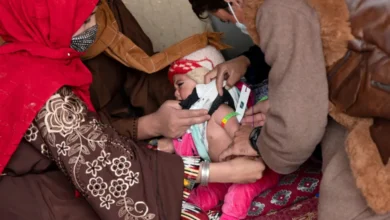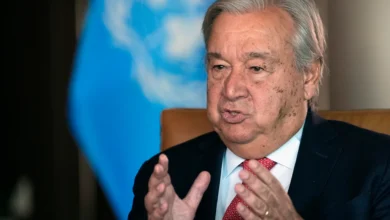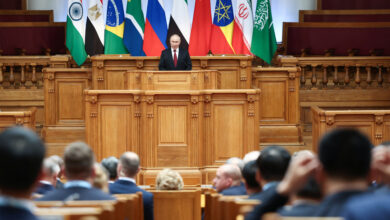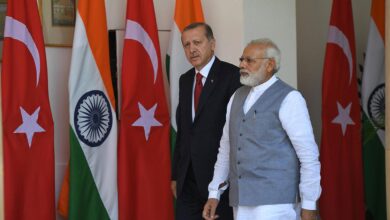Caribbean Nation Trinidad and Tobago Take a Stand by Formally Recognizing Palestine
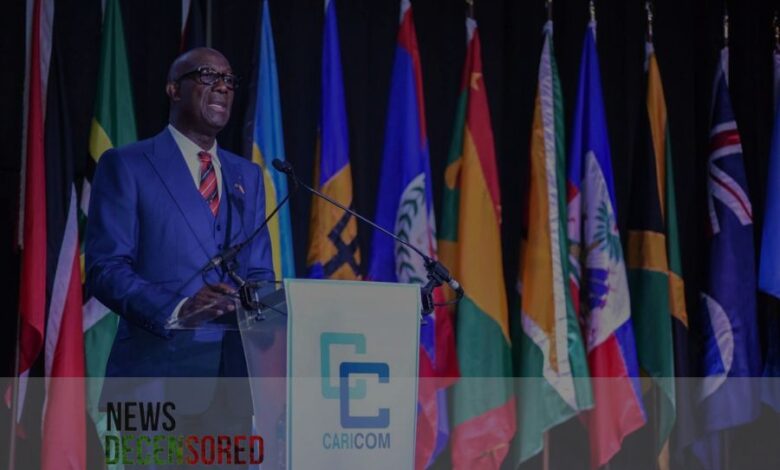
On April 19, 2024, against the traumatic backdrop described by Barbados’s Prime Minister Mia Mottley as the world’s first televised genocide unfolding in Gaza, Barbados’s Minister of Foreign Affairs and Foreign Trade, Kerrie Symmonds, made a historic declaration: Barbados would recognise the State of Palestine.
This decision catapulted Barbados into the league of 140 United Nations (UN) member states acknowledging Palestine’s sovereignty, with the nation becoming the 11th member of the Caribbean Community (CARICOM) to do so.
The Caribbean Against Apartheid in Palestine (CAAP), a Barbados-based advocacy group marking its 10th year of relentless activism for Palestine, hailed this move as long overdue. Lalu Hanuman, CAAP’s Secretary, articulated the sentiment, stating, “It was a long time in coming, but we have at last reached the mountaintop.”
Shortly after Barbados’s announcement, Jamaica followed suit, recognising the State of Palestine on April 22. Jamaican Minister of Foreign Affairs and Foreign Trade, Senator Kamina Johnson Smith, underscored that the decision resonated with Jamaica’s steadfast commitment to the UN Charter’s principles, emphasising mutual respect, peaceful coexistence among nations, and the rights of peoples to self-determination.
Barbados and Jamaica’s bold steps now leave only two CARICOM members, Trinidad and Tobago and the Bahamas, yet to recognise Palestine. Trinidad’s Minister of Foreign and CARICOM Affairs, Dr Amery Browne, announced the country’s recognition on May 2, closing the gap further.
The declaration of the State of Palestine by the Palestine Liberation Organization (PLO) on November 15, 1988, was a pivotal moment, asserting sovereignty over internationally recognised Palestinian territories: the West Bank, including East Jerusalem, and the Gaza Strip.
By the end of 1988, 78 countries, including Cuba, the pioneer in the Caribbean region, had recognised the Palestinian state. In November 2012, the UN General Assembly elevated Palestine to an observer state.
Despite the U.S.’s persistent refusal to recognise Palestine and its recent veto of Palestine’s full UN membership, CARICOM member states have maintained significant engagement with the Palestinian cause. Guyana led the charge in 2011, followed by several other CARICOM states recognising Palestine, signalling a collective Caribbean stance.
The past decade has witnessed intensified lobbying efforts by both Israeli and Palestinian factions, particularly around the UN’s deliberations on Palestinian statehood. Reports revealed Israel’s strategy of leveraging security and intelligence promises to sway votes against Palestinian recognition in the UN General Assembly, with a focus on Small Island Developing States (SIDS), highlighting the geopolitical dynamics at play.
Moreover, Caribbean governments faced admonitions of potential repercussions for failing to support Palestine’s bid for statehood. Senator Chester Humphrey’s warning underscored the moral imperative for robust foreign policies, disentangling political realities from ideological affiliations.
Barbados’s decision to recognise Palestine, despite its longstanding relationship with Israel, reflects a shift in geopolitical consciousness and a response to grassroots advocacy within the country. The move acknowledges the enduring struggle of the Palestinian people for justice, security, and the right to return to their homeland.
CAAP’s activism, culminating in a protest rally in May 2021, served as a catalyst, illuminating the paradox of advocating for a two-state solution while recognising only one state.
Amidst Israel’s continued aggression and the plight of Palestinians, Belize’s suspension of diplomatic ties with Israel in November 2023 represents a decisive stance within CARICOM. As global voices amplify calls for justice for Palestinians, CARICOM member states may find themselves compelled to reassess their relationships with Israel, reflecting a growing recognition of the urgency to address the ongoing humanitarian crisis in Palestine.

